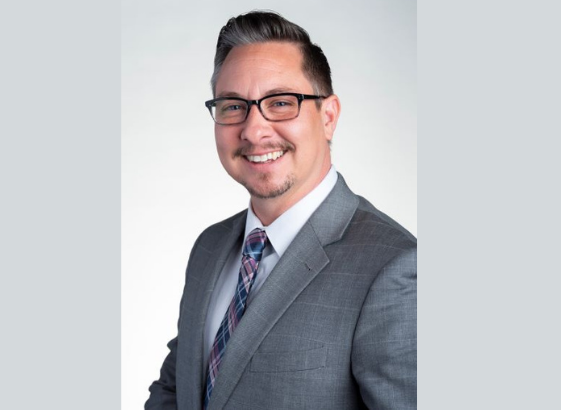Why Young Men in the US Should Pay Attention to and Advocate for the Equal Rights Amendment
July 23, 2024
By M. Dru Levasseur, Esq., Board Member for the ERA Coalition and Fund for Women’s Equality

I’m an openly trans attorney who has spent my legal career fighting discrimination on the basis of sex. A year and a half ago, I joined the boards for the ERA Coalition and the Fund for Women’s Equality. On this Women’s Equality Day, I’d like to share with you why I think the ERA matters.
My friend and mentor Desma Holcomb attended one of our “Meet the Co-Chairs” virtual fundraisers last year and said to me afterward, “This is not my mother’s ERA movement!” She hit the nail on the head. We are a growing coalition of more than 200 organizations. We are led by amazing women of color. We are intersectional and inclusive in our approach to this work, meaning we are looking at eradicating all forms of gender oppression and we include people of all genders. Just like the little-known history of the ERA movement, we are queer.
Last summer, the LGBTQ+ community celebrated the landmark legal victory, Bostock v. Clayton Cty, in which the United States Supreme Court held that Title VII of the 1964 Civil Rights Act protects gay and transgender employees. The court interpreted “because of sex” broadly to include discrimination on the basis of sexual orientation and gender identity. In my litigation career at Lambda Legal, I worked on cases that were the building blocks for this decision. The Bostock victory was a dream come true for me and for so many of us in the LGBTQ+ movement because we know that employment is connected to survival. We also know that this legal precedent will impact so many other areas where LGBTQ+ people face discrimination such as access to health care and housing.
We need multiple strategies to address the existing inequities that exist for our communities. We need explicit laws passed by Congress that send a clear message of what we already know in the courts to be true –– like the Equality Act, which will provide consistent and explicit protections on the basis of sex, sexual orientation and gender identity. We need a sweeping civil rights law that doesn’t leave any stone unturned or any avenue for discrimination. We need to send a clear message that LGBTQ+ people are full human beings under the eyes of the law.
The most protective way, however, to achieve equality on the basis of sex, which we now know includes LGBTQ+ people, is to pass a constitutional amendment. The text of the ERA is very simple. “Equality of rights under the law shall not be denied or abridged by the United States or by any state on account of sex.” And more importantly, it states, “The Congress shall have the power to enforce, by appropriate legislation, the provisions of this article.”
We have been fighting to see the ERA become part of the Constitution for nearly a century after the amendment was first introduced, and more than 50 years after Congress passed it. The last few years have brought significant progress toward that reality. Last year, led by Jennifer Carroll Foy and Jennifer McClellan and with the help of the first openly trans legislator in the country, Danica Roem, Virginia became the 38th and final state needed to ratify the ERA. And earlier this year, the House of Representatives voted to remove an arbitrary time limit Congress set when the ERA first passed in 1972 for the States to ratify it. A bipartisan resolution has been introduced in the Senate to do the same.
Our foremothers started the fight for the ERA nearly a century ago. Today, Black women are still paid 63 cents for every dollar paid to white, non-Hispanic men. Bisexual cisgender women and all transgender people experience 30% higher poverty rates. We need to know our history, including the queer history of the ERA, and we need to continue to build inclusive movements.
The ERA is not going away. We’ve come too far. Join the coalition. Join the fight. Do it for the generations who have come before you. Do it for the future generations of girls, trans women of color, people of all genders and sexual orientations. This is your mother’s ERA movement, but it is also yours.